Preventative health is the cornerstone of a long and healthy life. By focusing on early detection through regular health screenings, individuals can identify and address potential health issues before they escalate into severe or life-threatening conditions. Whether it’s catching cancer in its early stages, managing high blood pressure, or detecting diabetes, preventative care saves lives and reduces the long-term burden of disease.
In this guide, we’ll explore the importance of preventative health, how early detection works, and why investing in regular health screenings is essential for everyone.
What is Preventative Health?
Preventative health focuses on identifying and mitigating health risks before they lead to illness or complications. This proactive approach includes:
- Health Screenings: Routine tests for early signs of diseases.
- Vaccinations: Preventing infectious diseases.
- Lifestyle Changes: Promoting healthier habits to reduce risks.
- Regular Checkups: Ensuring ongoing monitoring and advice from healthcare providers.
The goal is to maintain overall health, extend life expectancy, and improve quality of life.

Why Early Detection Matters
1. Improves Survival Rates
Detecting conditions like cancer, heart disease, or diabetes in their earliest stages allows for prompt treatment, significantly improving survival rates. For example:
- Breast Cancer: Early-stage detection has a 90% survival rate compared to advanced stages.
- Colon Cancer: Polyps detected and removed during a screening can prevent cancer entirely.
2. Minimizes Treatment Complexity
Early-stage diseases often require less invasive and less expensive treatments. For instance:
- Hypertension: Can be managed with lifestyle changes and medication if detected early, preventing heart attacks or strokes.
- Diabetes: Early detection can delay or even prevent complications like kidney disease or neuropathy.
3. Reduces Healthcare Costs
Preventative care is cost-effective. Treating advanced illnesses often involves hospital stays, surgeries, or long-term medication, whereas early detection relies on simpler interventions.
4. Enhances Quality of Life
Catching health issues early helps individuals maintain their daily routines and avoid the physical and emotional strain of severe illness.
Key Health Screenings for Early Detection
1. Cancer Screenings
- Breast Cancer: Breast health check every 1–3 years for women aged 40 and above.
- Cervical Cancer: Pap smears and HPV tests for women aged 25–64.
- Colorectal Cancer: Stool tests or colonoscopies for adults aged 50–74.
- Prostate Cancer: PSA tests for men aged 50 and above or earlier for high-risk individuals.
- Lung Cancer: Low-dose CT scans for long-term smokers.
2. Cardiovascular Health Checks
- Blood Pressure Monitoring: Essential for detecting hypertension, which is a leading cause of heart disease and stroke.
- Cholesterol Testing: High cholesterol increases the risk of heart attacks and atherosclerosis.
- ECG or Stress Tests: For individuals with heart disease symptoms or risk factors.
3. Diabetes Screening
- Fasting blood glucose tests or HbA1c tests to monitor blood sugar levels and diagnose diabetes or prediabetes.
4. Bone Health
- DEXA Scans: Recommended for women over 65 or younger individuals at risk for osteoporosis.
5. Eye Exams
- Regular vision checks can detect glaucoma, cataracts, or diabetic retinopathy early.
6. General Blood Work
- Full blood count (FBC), liver function tests (LFT), and kidney function tests to monitor overall health.
Preventative Health Strategies
1. Regular Health Screenings
Schedule annual or biannual checkups with your healthcare provider to monitor key health markers and risk factors.
2. Vaccinations
Stay up-to-date with vaccinations, including flu shots, HPV vaccines, and boosters for tetanus or shingles.
3. Healthy Lifestyle Habits
- Diet: Eat a balanced diet rich in fruits, vegetables, lean proteins, and whole grains.
- Exercise: Aim for at least 150 minutes of moderate aerobic activity per week.
- Avoid Smoking and Excess Alcohol: Both significantly increase the risk of cancer and cardiovascular diseases.
4. Mental Health Screenings
Routine evaluations for stress, anxiety, or depression ensure a holistic approach to health.
5. Family History Assessment
Understanding your genetic predispositions allows for tailored preventative care.
Benefits of Preventative Health
1. Prolongs Life Expectancy
Preventative care reduces the risk of premature death by catching and managing conditions early.
2. Promotes Healthier Communities
Regular health checks can identify public health trends, allowing communities to implement programs to address widespread issues.
3. Empowers Individuals
Knowing your health status encourages you to take charge of your well-being, fostering a proactive attitude toward healthy living.
Challenges in Preventative Health
1. Lack of Awareness
Many people are unaware of the importance of regular screenings or which tests they need.
2. Accessibility Issues
Some individuals face barriers like cost, distance, or availability of healthcare services.
3. Fear of Diagnosis
The fear of discovering a serious condition prevents some people from undergoing screenings.
4. Overdiagnosis
While rare, some screenings may detect abnormalities that are not life-threatening, leading to unnecessary treatments.
FAQs About Preventative Health
1. What is preventative health?
Preventative health focuses on early detection and lifestyle modifications to prevent the onset of diseases.
2. How often should I have health screenings?
Frequency depends on your age, gender, family history, and risk factors. Consult your doctor for a personalized schedule.
3. Are preventative health checks expensive?
Many screenings are covered by the NHS or private health insurance, making them affordable.
4. Can early detection prevent all diseases?
While not all illnesses are preventable, early detection significantly improves treatment outcomes and quality of life.
5. Are preventative screenings safe?
Yes, most screenings are non-invasive or minimally invasive, with proven safety and efficacy.
Conclusion
Preventative health is a proactive approach to living longer, healthier lives. By prioritizing early detection through regular health screenings, individuals can prevent or manage conditions before they become severe. From cancer and cardiovascular screenings to diabetes tests and mental health evaluations, preventative care ensures a brighter, healthier future.
Take charge of your health today by scheduling your annual health checks—because early detection truly saves lives.


